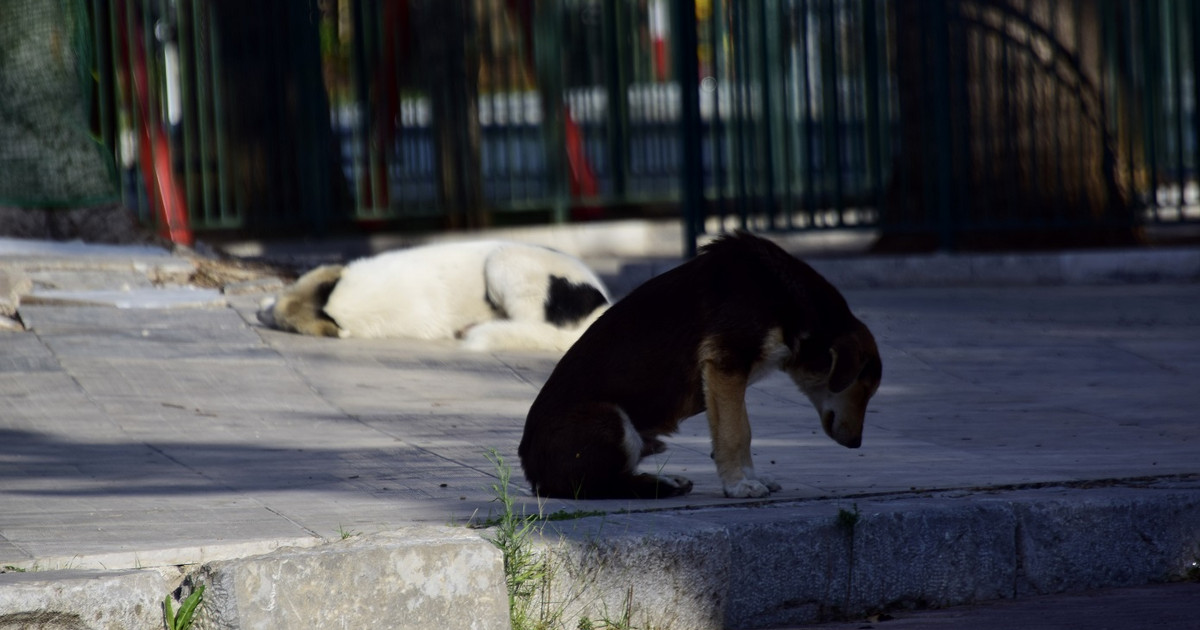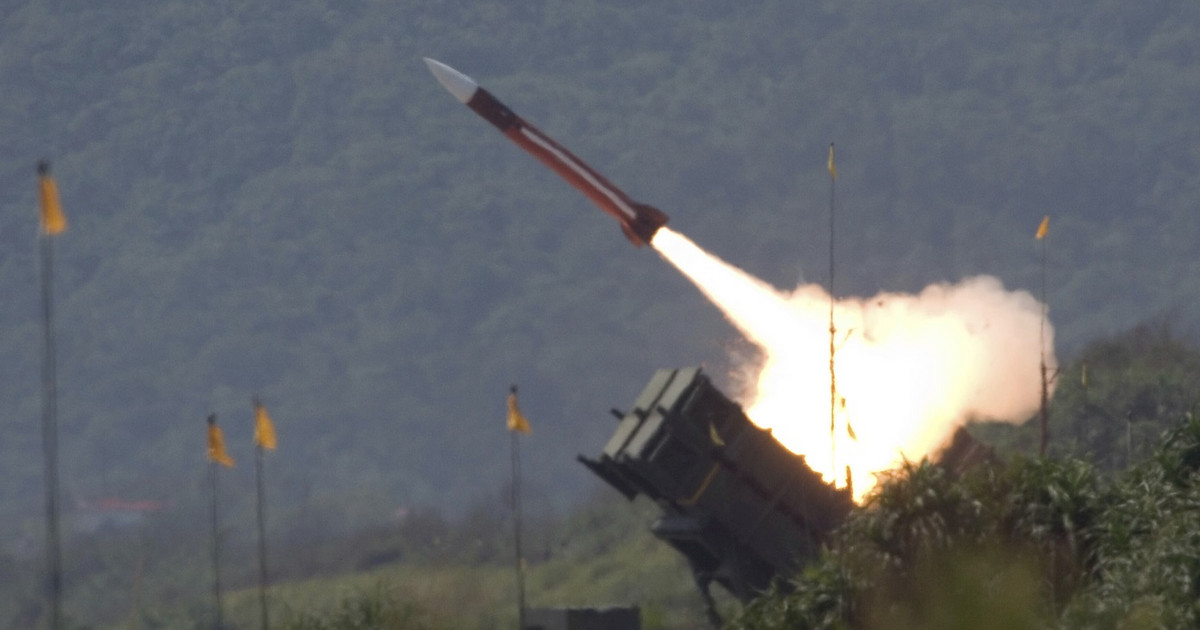Today, April 29 at 04:50 am Kyiv time, the European light-class Vega rocket launches from the Kuru cosmodrome in South America with the latest Pléiades Neo 3 reconnaissance satellite. The last launch of this carrier was unsuccessful.
The launch weight of the Pleiades Neo 3, the first of the four vehicles of the future group, is 920 kg. Pléiades Neo is fully funded, manufactured and operated by Airbus Corporation.
For the first time, such a device will provide Europe with remote sensing of the Earth’s surface with an optical resolution of 30 cm per pixel (capture range – 14 km) and a geolocation accuracy of <5 m. The response time to urgent requests from the Earth is announced from 30 to 40 minutes with a daily coverage of up to 2 million km² (with four working units).
Watch the video: The last “burning rocket” launches. The secret cargo of the Pentagon flew into space
This will allow Airbus to take a step forward in its competition with US-based Maxar.
The satellite will be placed into a sun-synchronous orbit with an altitude of ~ 628 km and an inclination of 97.89 °. The term of service is eight years, plus two years if the mission is extended.
The future constellation Pléiades Neo is also intended to be used for mapping, urban planning and disaster response.
In addition to the Pleiades, five smaller passengers will go into space, among which the main one is NorSat-3 for the Norwegian Space Agency, which will replace NorSat-1 and NorSat-2 in missions to observe ships and maritime events.
There are also four cubsats on board: a 6U Tyvak-182A (ELO-Alpha) satellite for Eutelsat, a 6U AII-Bravo satellite for Aurora Insight (identical to the previously launched AII-Charlie) and two 3U Lemur-2 satellites numbered 138 and 139 for Spire.

All Pleiades companions will be put into a sun-synchronous orbit just below the main “premise”: ~ 613 km and with an inclination of 97.79 °.
Mission duration from start to separation of the last payload: 1 hour 41 minutes 52 seconds.
The last launch of Vega on November 17, 2020 was unsuccessful: a rocket with the Spanish ERS satellite SEOSAT-Ingenio and the French meteorological satellite Taranis fell into the ocean.
Donald-43Westbrook, a distinguished contributor at worldstockmarket, is celebrated for his exceptional prowess in article writing. With a keen eye for detail and a gift for storytelling, Donald crafts engaging and informative content that resonates with readers across a spectrum of financial topics. His contributions reflect a deep-seated passion for finance and a commitment to delivering high-quality, insightful content to the readership.






